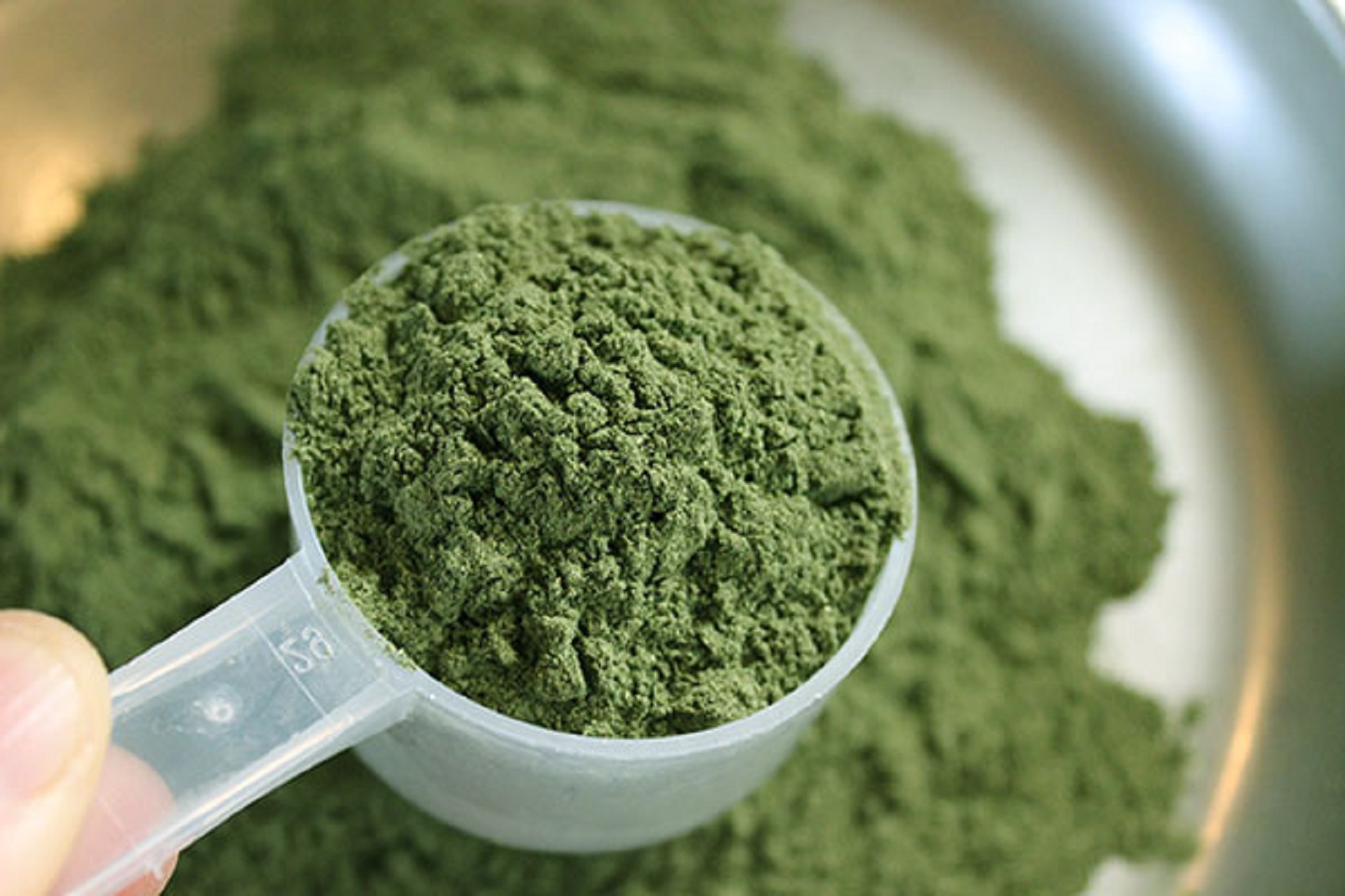Partisan warfare in Washington never seems to stop. Yet, in poll after poll, Americans want lawmakers to work across the aisle and get things done.
The majority of Americans want elected officials to take action to lower prescription drug prices.
Almost 90 percent of Americans support legislation to speed generics to market. Why? Generics competing with brands drive down prices. Generics are cheaper and people get that.
There are three serious bipartisan initiatives to speed generics to market. Bipartisan — did we say that? Yes. Let us explain.
The first bill — sponsored by Reps. Gus Bilirakis, Florida Republicana, and Kurt Schrader, Oregon Democrat — provides incentives for development of new generics where there is currently no competition, and speeds up Food and Drug Administration approval times. It is modest but could get more inexpensive generics to market where there are none.
he second bill — sponsored by Sens. Chuck Grassley, Iowa Republican, and Amy Klobuchar Minnesota Democrat — would put a stop to “pay-for-delay” scams. This occurs when a brand manufacturer pays a generic company not to bring a drug to market. It’s remarkable this is legal to begin with, and Congress should stop it now.
The third legislative proposal is sponsored by a bipartisan lineup of Sens. Pat Leahy, Vermont Democrat, Mr. Grassley, Dianne Feinstein, California Democrat, Ms. Klobuchar, and Mike Lee, Utah Republican, along with Reps. Peter Welch, Vermon Democrat, and Steve Stivers, Ohio Republican. It would crack down on abuses of the patent laws employed by drug companies to avoid giving samples of brand-name drugs to other manufacturers to create a generic. These practices by drug corporations subvert the law and the intent of Congress. Surely we can fix this.
But can’t we hold Big Pharma to the fundamental bargain that was struck in 1984 called the Hatch-Waxman Act? The deal was that drug companies received monopoly pricing power for five to seven years. After that time, generics would be introduced to create competition and drive down prices. All this legislation does is make the drug companies abide by the intent and letter of the law.
Millions of Americans are being hurt to finance exorbitant compensation and sky-high profits of the drug companies. These companies won’t be crippled by action on generics. They’ll simply be forced to act according to law, and they’ll still make a great deal of money.
This seems so clear — so simple. No gridlock. No stalemate. Just common-sense, bipartisan action to make the laws of our country work for people. The time for action is now.
Washington Times




















